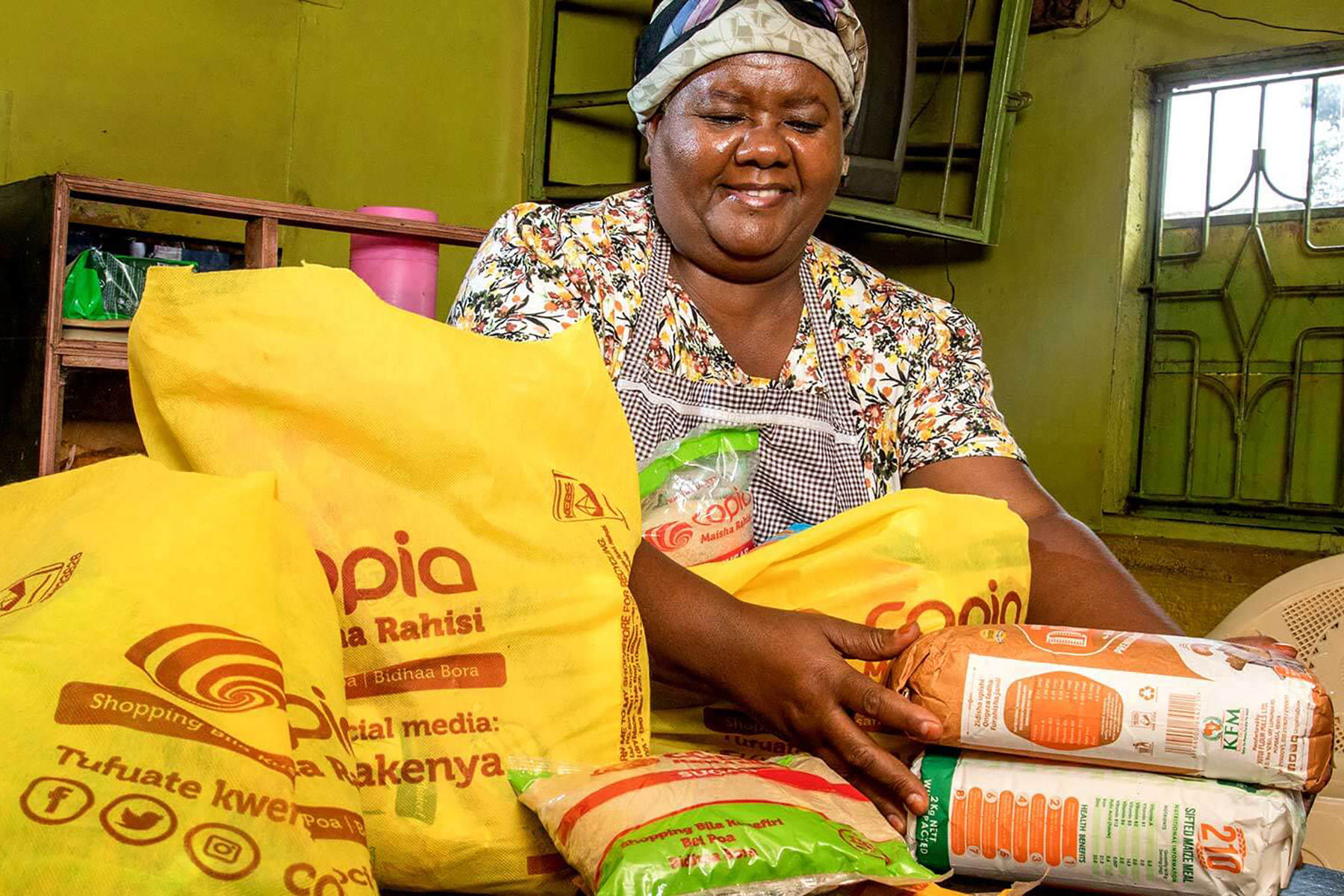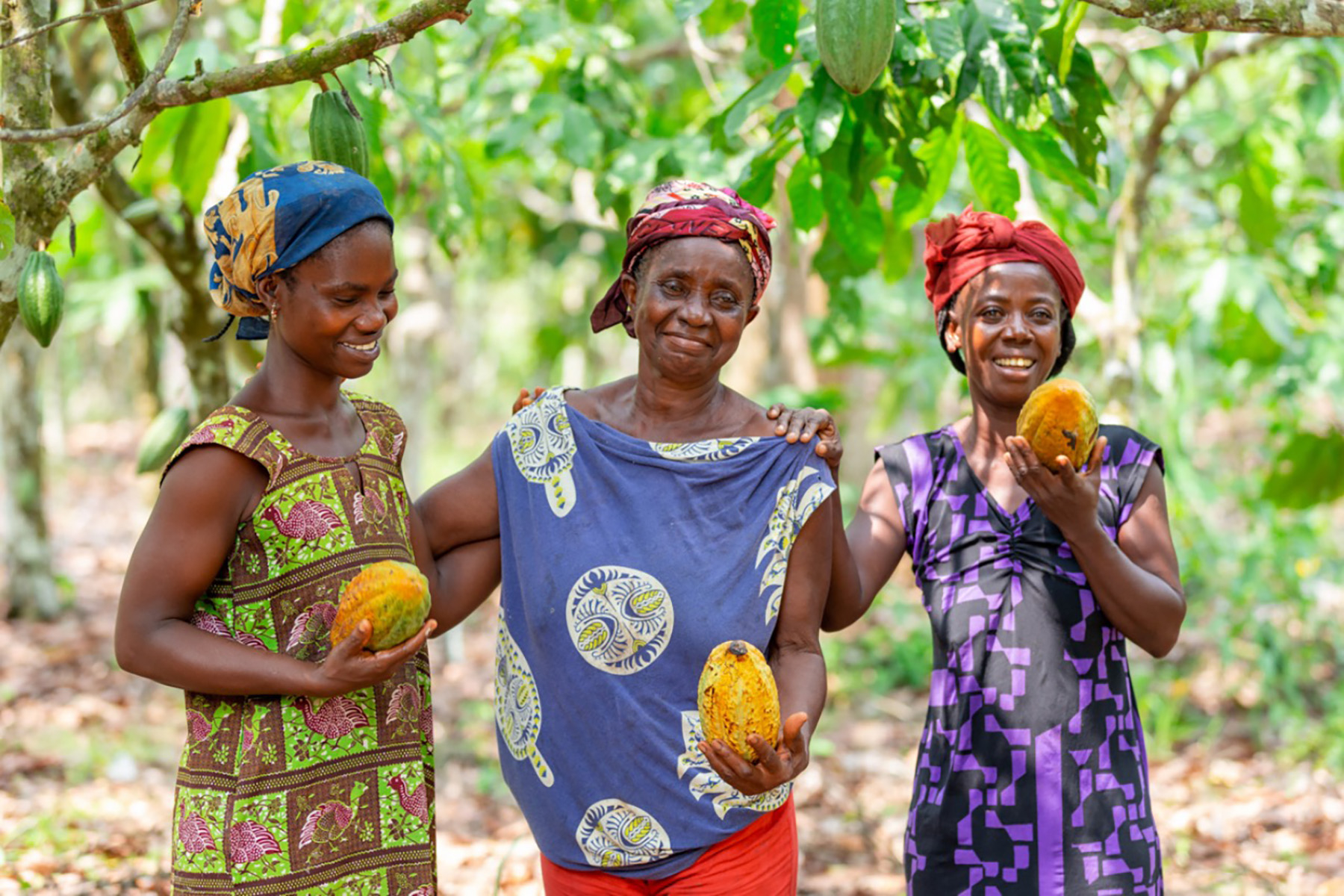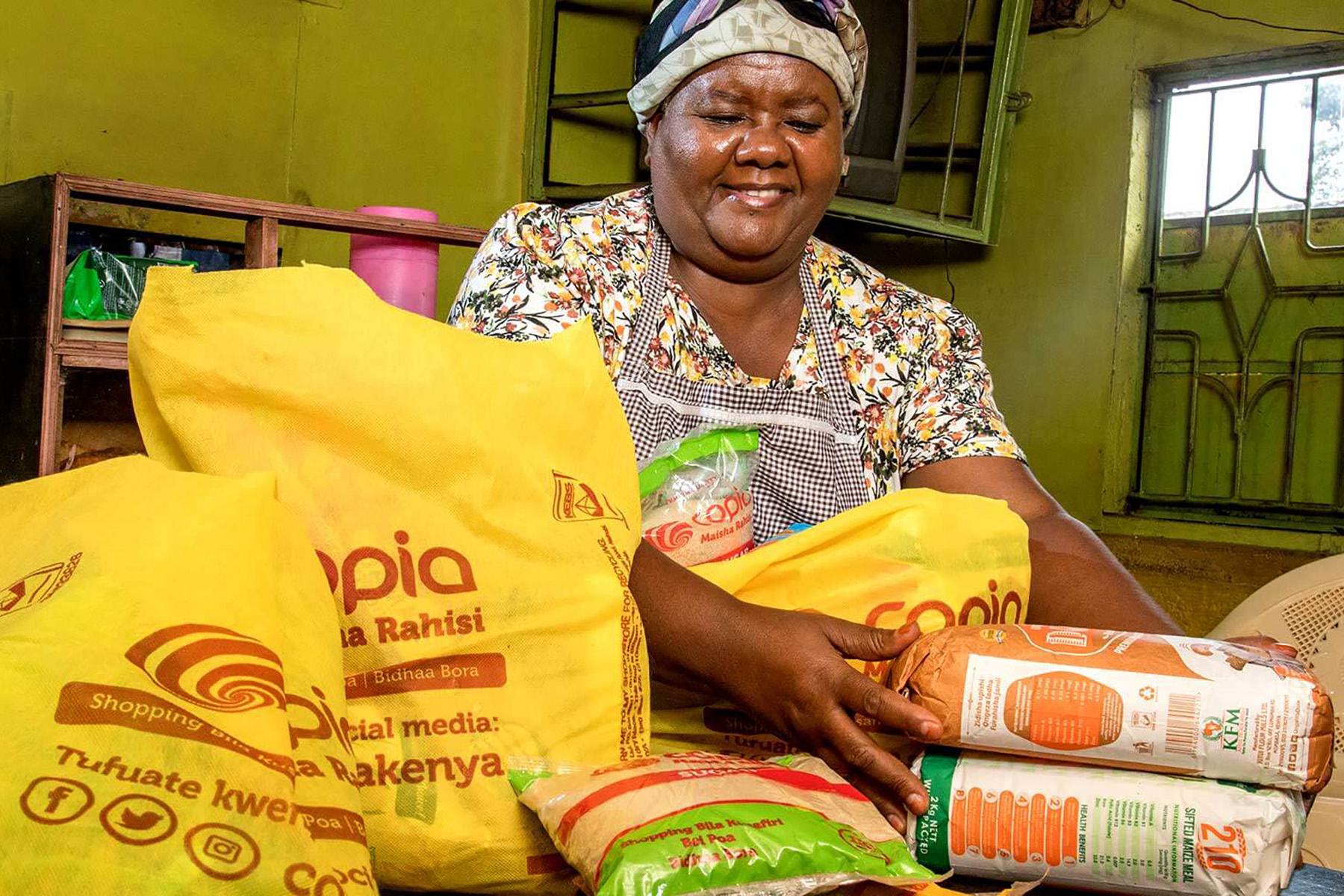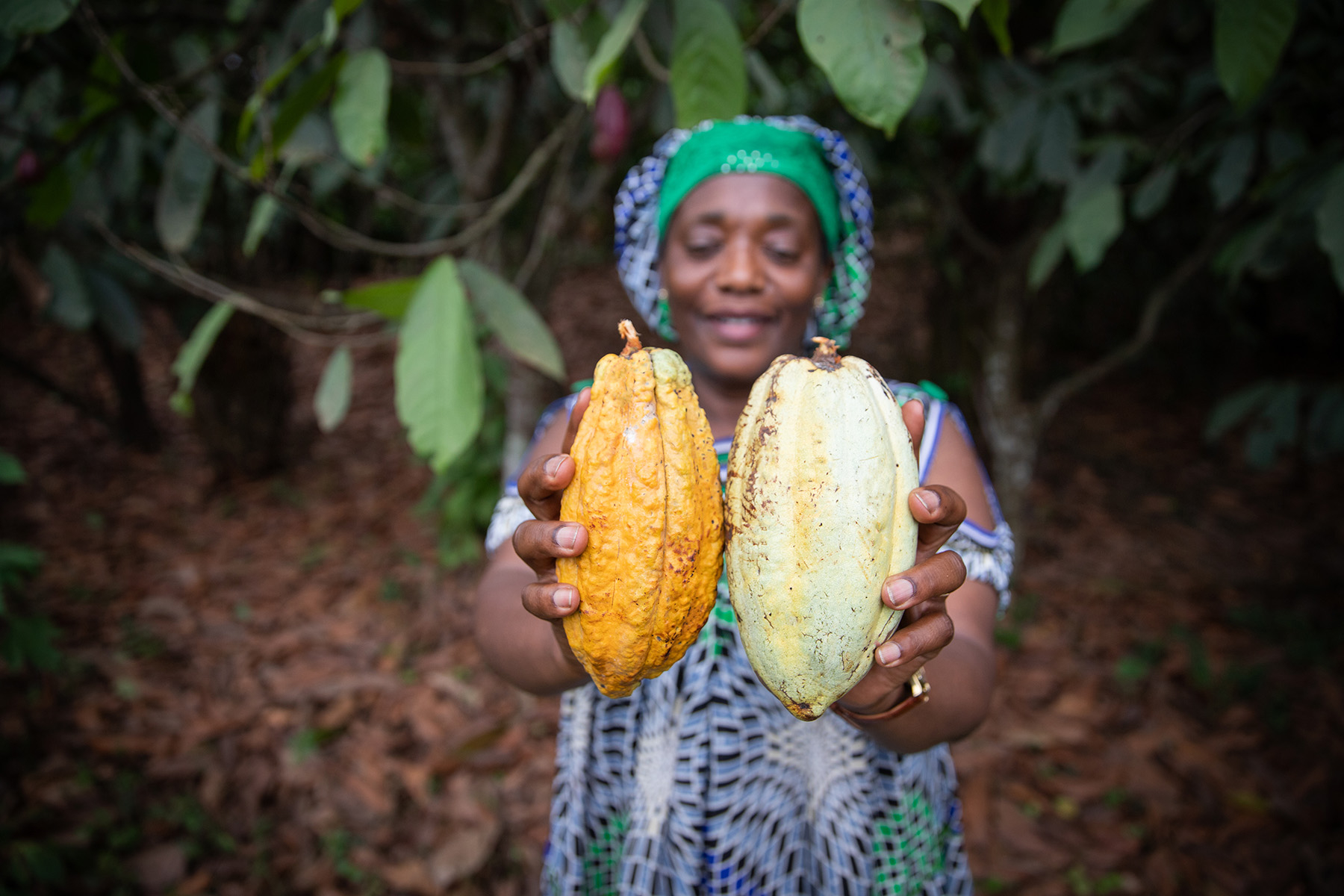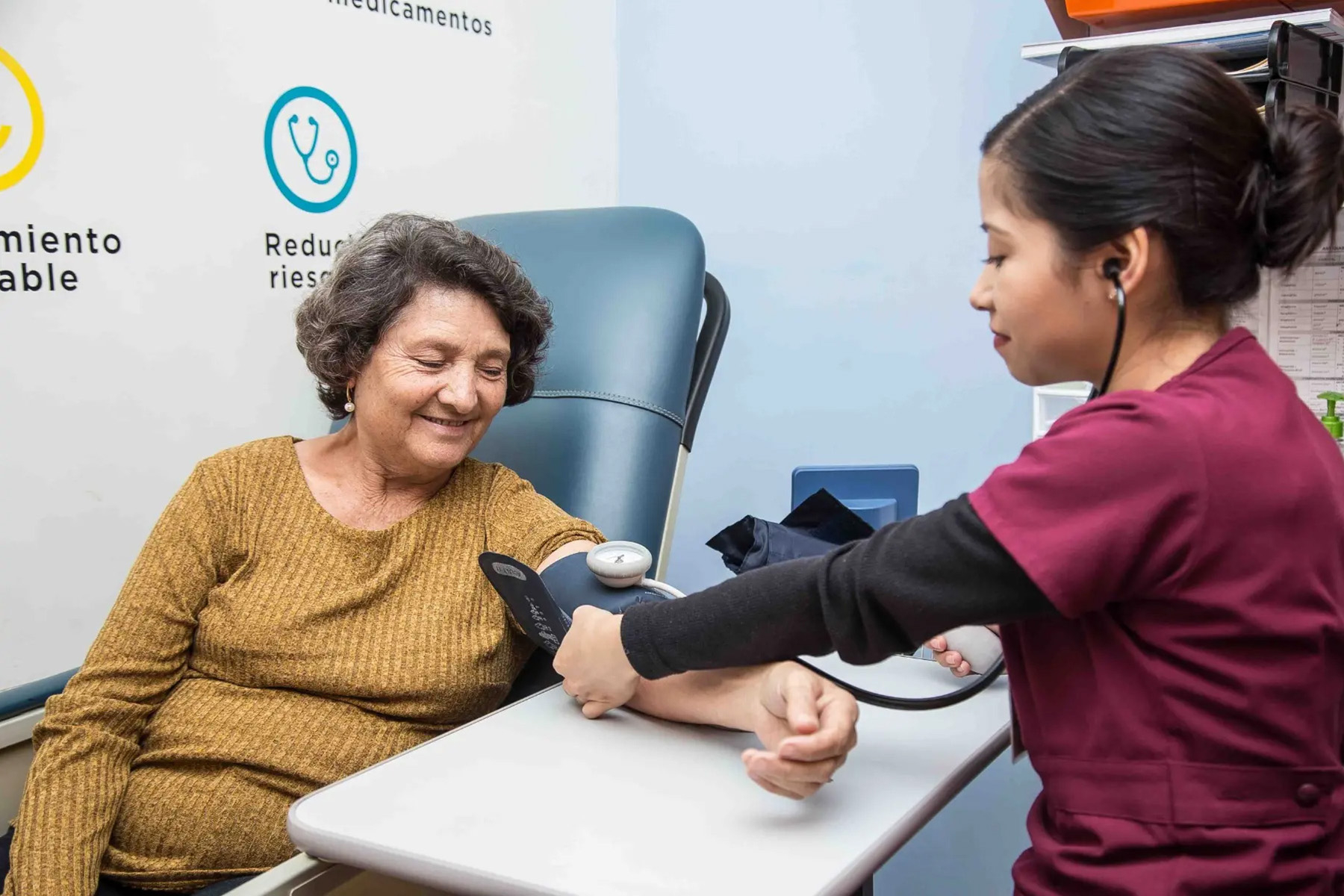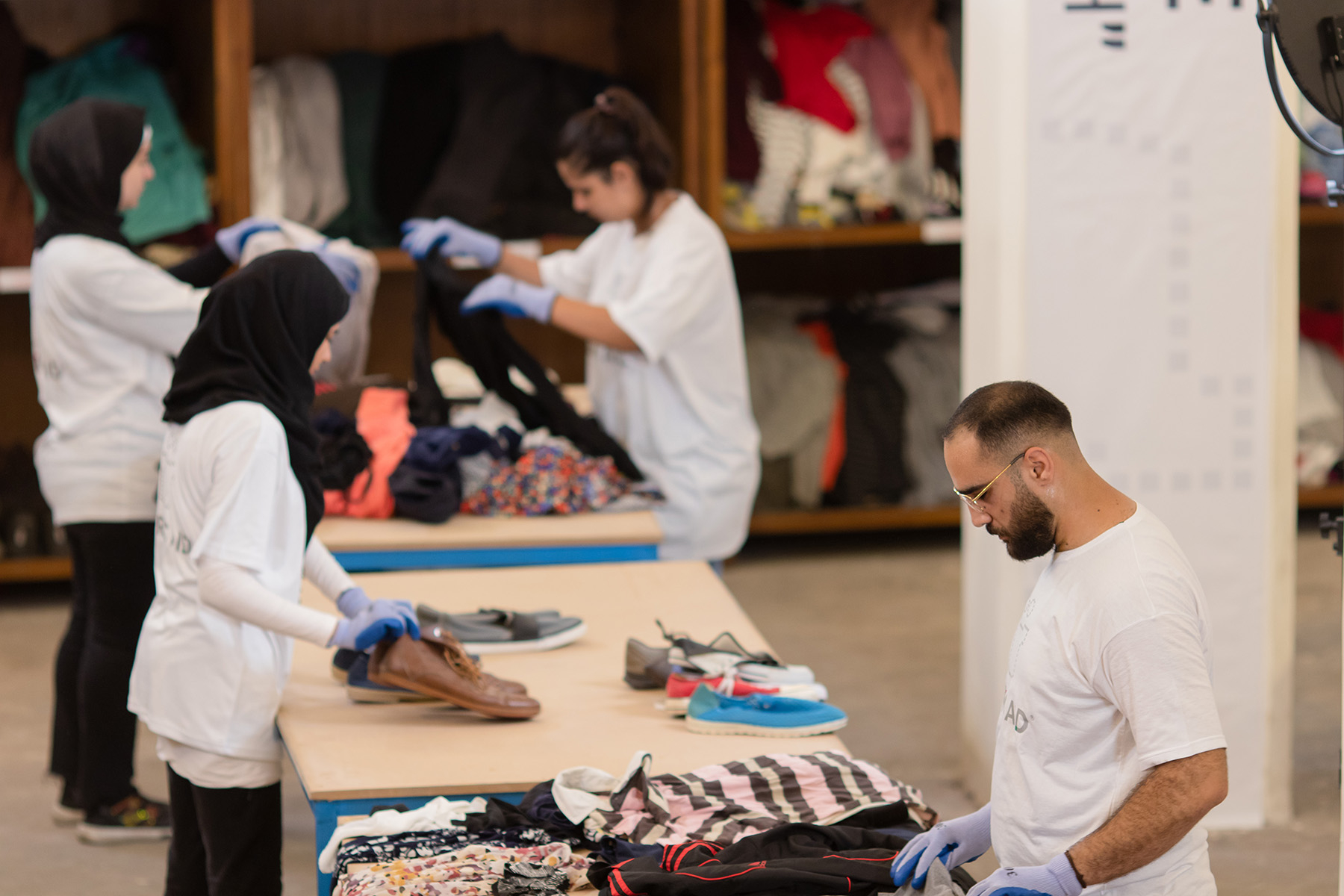Mission
Opes-Lcef’s mission is to support enterprises benefitting the low-income population. The Copia case is about how providing patient capital early on to the right team can be instrumental in unlocking and de-risking additional capital and supporting scalability in large magnitude of private sector solutions to address poverty and inequality.
Why was this investment catalytic?
Opes was one of the very first investors in Copia in 2013. Today Copia is one of the fastest growing companies in Africa, having grown 200X since Opes’s investment, raising over $83 million in funds, distributing quality affordable goods to millions of low-income people living in rural and isolated communities, where most of the population is still ‘offline’, pursuing the bold dream of tackling poverty penalty.
Organisation type: Charitable investment vehicle (foundation)
Financial instruments used: Opes-Lcef invested $50,000 in equity in 2013, then joined a bridge convertible round in 2015 with an additional $50,000 and a further bridge convertible round of $100,000 in 2017.
Final beneficiaries targeted: People in poverty, Women
Sector targeted: E-commerce
Country focus: Kenya
SDGs targeted: Goal 1: No Poverty, Goal 8: Decent Work and Economic Growth, Goal 10: Reduced Inequality
Challenge and solution
Across Africa, 800 million middle and low-income consumers are spending $680 bn every year, according to Copia’s estimates. Yet many remain forgotten by retailers who instead focus on Africa’s elites and middle classes and are missing out on products that they see advertised but remain out of reach, whether it is because of geographical or economic barriers. Brick-and-mortar supermarkets do not have the logistic or economic means to reach rural and isolated populations. Logistic and distribution constraints are among the root causes of the poverty penalty. Solving this distribution problem was the aim of social entrepreneurs Tracey Turner and Jonathan Lewis when they co-founded Copia Global eleven years ago. Turner had spent some time studying in Kenya in the mid-1990s and saw first-hand that many people struggled to access quality goods. She became a successful entrepreneur in Silicon Valley and later came back to the country with the idea of reinventing e-commerce to deliver quality, affordable goods to low and middle-income consumers wherever they were, taking a purpose before profit approach.
During the initial days, Copia Global’s founding CEO, Crispin Murira, used a pick-up truck and delivered goods to one or two Agents himself. At the time of investment from Opes, Copia had 20 Agents in Kenya, a tiny number of clients, and revenues of $300k. The social enterprise now employs 2,056 people in administrative, operational, warehouse, and delivery roles. It now has a network of almost 60,000 Agents across Kenya and Uganda, which have processed more than 14 million orders and a revenue of more than $63 million (2022 estimates).
Elena Casolari, founder and Chairman of Opes, recognised the founders’ ambition. Opes believes in what the founders envisioned: a solution that could disrupt an unfair status quo, shape a new narrative and give dignity to the "Have-Nots".
Opes-Lcef's catalytic role
Copia was provided with financial and non-financial support mainly in the networking activity. As an early investor in Copia Global, Opes-Lcef contributed in derisking the company for larger investors. The company was early stage at the time of investment and the round had other co-investors. Our initial DD was carried on jointly with another investor. Given the management expertise and skills, no operational support was provided. The investment proved instrumental for the next phase of growth expanding its presence across Kenya and adding more Agents.
Opes-Lcef's impact
Copia shortens the supply chain and lowers costs by removing the middlemen and keeping prices low. Customers are also able to get quality products directly from suppliers both locally and abroad without intermediaries. By providing increased access to products at the doorstep, Copia was able to serve people even during Covid lockdowns, when going to the market in person could not happen. The majority of targeted consumers and over 81% of Agents are women whose life has been greatly improved since they joined Copia network.
Key social impact indicators:
- Direct decent jobs: 2,056
- Women empowered (772 permanent jobs and more than 46,171 Agents with increased income by 40% on average).
- Saving an average of $8 a month per low-income customer
- Low-income customers who save money, time, and access a wide range of products at fair prices: 1.9 million.
Opes-Lcef contributed in derisking the company for larger investors. By attracting additional capital, the company has today grown 200X in terms of revenues (2022 numbers). From 20 Agents at the time of investment, the company has grown to more than 60,000 Agents.
Insights and learnings
Given the magnitude of the impact and the sizeable scale, Copia stands as one of the best investments in our portfolio, with a very strong impact narrative and potentially great financial performance. The long journey Opes embarked over the years allowed them to collect much data, validate the impact story and follow the changes in the lives of Copia beneficiaries (Agents, Customers, Employees). Opes has met many of them over the years, sourced their stories of change and empowerment. It has been overall an emotionally powerful journey for all of them. With no surprise, Copia was one of the most conflicting investments and Opes had to overcome cultural and ideological barriers and concerns at the investment committee and board level (it was perceived by some of their members as a western pro-global consumption player). It took a great deal and effort to get the investment approved. As the company grew and more capital was raised, Opes found themselves very diluted and non-influential regardless of the strong friendship with the founder and her team and Opes could not put in place any mitigation strategy. But they learned a lot.
The poverty penalty is one of the most despicable plagues that is affecting not only far away geographies but almost everyplace... in each country, and small communities, marginalized people experience such a depriving condition because of their demographic, social and economic background (aged people with no access to the internet might experience poverty penalty or people living in rural communities with no access to certain services and goods or people with limited spending power). If proven right, Copia Global can tackle this critical issue globally starting from the countries where it affects more people as a large percentage out of the total population.
Opes' Key Recommendations:
- Believe in bold dreams and almost impossible projects
- Execution is key
- Risk your capital to de-risk other investors, if you have the privilege to have high-risk tolerance you will be immensely rewarded.


